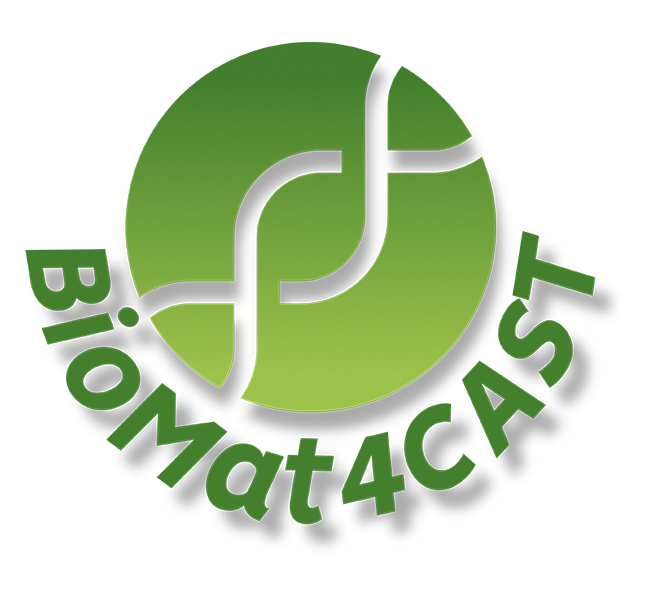 |
Workplan |

|
BioMat4CAST Scientific and Management Plan (SMP) description The first stage of the project will focus on the recruitment of the BioMat4CAST team. Based on the experience gained in SupraChem Lab project (our previous ERA Chair project) a "seed" for the new group will be formed by seven (7) members of the previous ERA CHAIR project that have started to work in the field of computational chemistry and that already have benefit of some training in this field: Dr. Lilia Clima, Dr Mihaela Silion, Dr. Adina Coroaba, Dr. Dragos Peptanariu, Dr. Dragos Isac, Dr. Tudor Vasiliu, Dr Bogdan Craciun. This team has already started to organize the new group under the supervision of Prof. Laaksonen, the future BioMat4CAST ERA Chair holder. These seven members will also act as facilitators to support the integration of the new research team in the ICMPP structure. The rest of the team, will be recruited in an open, transparent procedure, according to the Romanian legislation1 and with respect also to The European Charter & Code for Researchers (see details WP2 - Human Resource Management).
1 Romanian Law no 319/2003 regarding the statute of the research and development personnel
The second stage (also addressed in WP2 - Human Resource Management) of the project deals the training of the new staff that will be made in cooperation with representatives from leading European research institutes/universities. The mobility of the BioMat4CAST team will be implemented with the support of the International Advisory Board (IAB) that consist of outstanding researchers, world leaders in computational and theoretical chemistry and technology that are committed to support the implementation of the BioMat4CAST project through secondments of the group members to their institutions to equally acquire and share new expertise. |
||||||
|
|
||||||
|
The research activities implemented within the BioMat4CAST project aims to develop a new paradigm in addressing the chemical synthesis and characterization of innovative biomaterials with the help of multi-scale in silico design able to sustain: (i) the synthesis of complex (macro)molecular entities in a highly reproducible manner, and (ii) the coherent and potentially dynamic supramolecular assembling of those entities, in such a way that their specificity of action can emerge. The design criteria for the smart biomaterials we will study, include: (i) the adequacy to the domain of nanomedicine, (ii) the relevance for the current challenges addressed to medicine, (iii) the applicability in potential biomedical procedures, (iv) the functionality as reliable tools, (v) the versatility in vectorizing current and future cargoes (complex pharmacologic and genetic actuators), (vi) the efficacy of action in (macro)molecularly crowded milieus of biomedical relevance, (vii) the robustness in performing their particular functions, (viii) the benefits of their potential applications (starting with the scientific, and ending with the curative ones). Their chemical and mechanical properties, as smart biomaterials addressed to nanomedicine, can be designed in response to changes in physiological parameters and exogenous stimuli, including pH, redox potential, enzyme activity, temperature, humidity, light, sound, and stress, among others. WP3 (BioMat4CAST research project) will target initially to explore sophisticated and smart biomaterials, which are ongoing ICMPP research referring to non-viral vectors that can penetrate tough barriers like the cell wall or the stratum corneum of the skin (in transdermal delivery) and deliver and release therapeutic cargo. For these carriers, stimuli-responsive polymers and ionic liquids, non-deformable liposomes (niosomes, emulsomes and cerosomes), deformable liposomes (transfersomes and ethosomes), carbon dots and grafted gold nanoparticles will be used. State-of-the-art bottom-up multiscale modelling (MSM) will be used and apply in the design of functional molecular materials for broad applications i.e., in green chemistry and in health and biomedical applications. Future studies (outside the research activity of WP3) will be made for other applications such as: energy production and storage, electronics, photonics, etc. in collaborations with other experimental groups at ICMPP. |
||||||